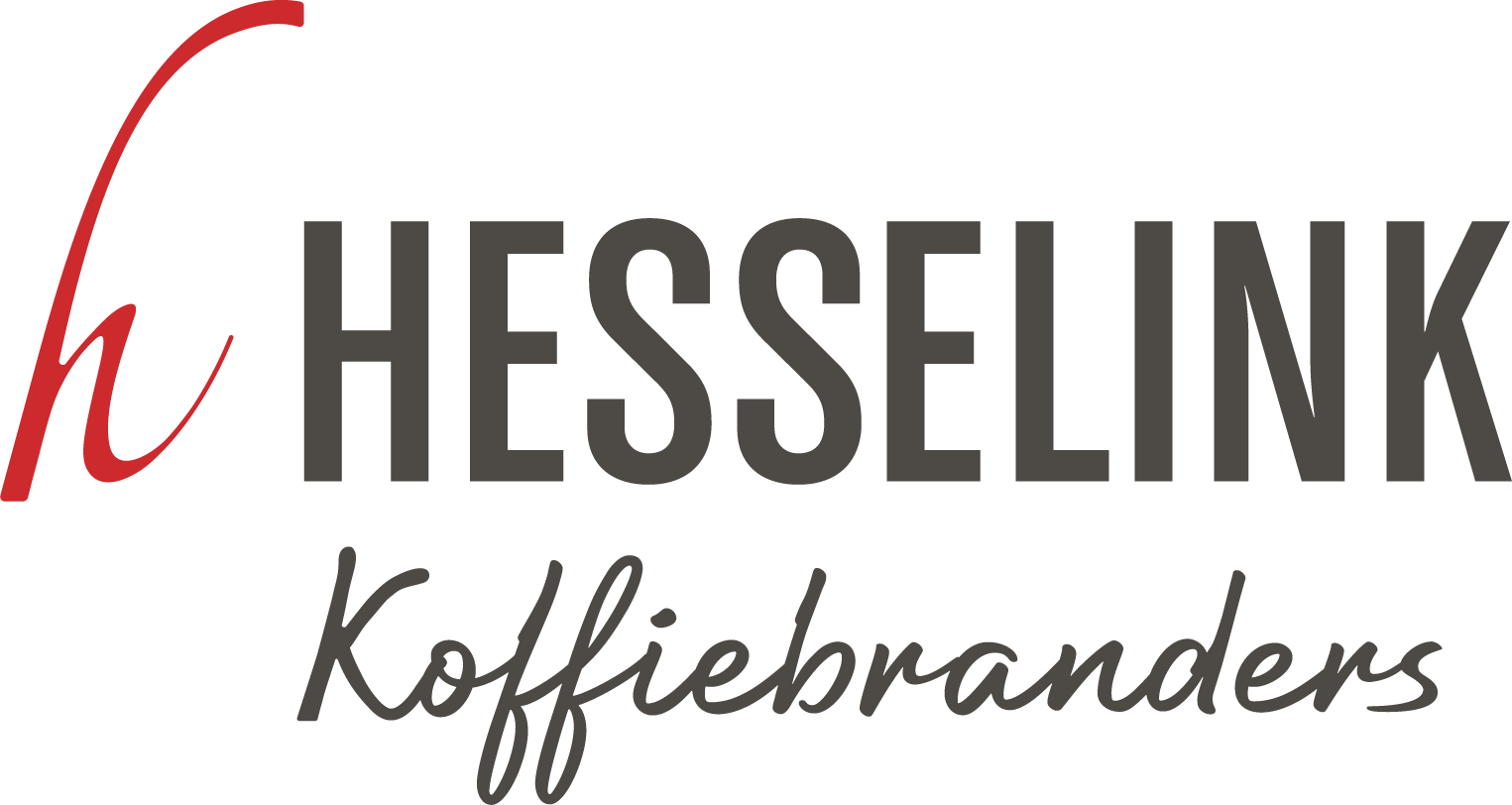

Koffiebranderij J.W. Hesselink & Zn BV

1.6
Gelderland, Netherlands The
October 2025
Food products
Manufacturing
Belgium,
Germany,
Netherlands The
Hesselink Koffiebranders is a family-run coffee roastery based in Winterswijk, active since 1885. The coffee is roasted in-house and set high standards are set for both taste and responsibility. Coffee is not a product, it’s a chain of people. That’s why Hesselink Koffiebranders invests at the source through the Hesselink Koffie Foundation and works with partners who want to move forward with us. This way, quality grows alongside opportunities for farmers and their communities. Hesselink shows and builds transparency you can truly taste. The blends are available with Rainforest Alliance, Fairtrade, and Organic certifications. Each package includes a QR code, allowing you to follow your coffee’s journey from bean to cup. The roastery reflects their values and was built to BREEAM-certified sustainability standards and awarded the certification in 2020. The coffee roastery runs on clean energy, and they work year by year to reduce their footprint even more Hesselink Koffiebranders provides coffee machines, training, service and equipment that brings out the best in every cup of coffee. Every day, they work towards the same goal: Creating moments of happiness with every cup.
Overall B Impact Score
Governance 14.4
Governance evaluates a company's overall mission, engagement around its social/environmental impact, ethics, and transparency. This section also evaluates the ability of a company to protect their mission and formally consider stakeholders in decision making through their corporate structure (e.g. benefit corporation) or corporate governing documents.
What is this? A company with an Impact Business Model is intentionally designed to create a specific positive outcome for one of its stakeholders - such as workers, community, environment, or customers.
Workers 22.0
Workers evaluates a company’s contributions to its employees’ financial security, health & safety, wellness, career development, and engagement & satisfaction. In addition, this section recognizes business models designed to benefit workers, such as companies that are at least 40% owned by non-executive employees and those that have workforce development programs to support individuals with barriers to employment.
Community 30.0
Community evaluates a company’s engagement with and impact on the communities in which it operates, hires from, and sources from. Topics include diversity, equity & inclusion, economic impact, civic engagement, charitable giving, and supply chain management. In addition, this section recognizes business models that are designed to address specific community-oriented problems, such as poverty alleviation through fair trade sourcing or distribution via microenterprises, producer cooperative models, locally focused economic development, and formal charitable giving commitments.
What is this? A company with an Impact Business Model is intentionally designed to create a specific positive outcome for one of its stakeholders - such as workers, community, environment, or customers.
Environment 20.0
Environment evaluates a company’s overall environmental management practices as well as its impact on the air, climate, water, land, and biodiversity. This includes the direct impact of a company’s operations and, when applicable its supply chain and distribution channels. This section also recognizes companies with environmentally innovative production processes and those that sell products or services that have a positive environmental impact. Some examples might include products and services that create renewable energy, reduce consumption or waste, conserve land or wildlife, provide less toxic alternatives to the market, or educate people about environmental problems.
What is this? A company with an Impact Business Model is intentionally designed to create a specific positive outcome for one of its stakeholders - such as workers, community, environment, or customers.
Customers 2.7
Customers evaluates a company’s stewardship of its customers through the quality of its products and services, ethical marketing, data privacy and security, and feedback channels. In addition, this section recognizes products or services that are designed to address a particular social problem for or through its customers, such as health or educational products, arts & media products, serving underserved customers/clients, and services that improve the social impact of other businesses or organizations.